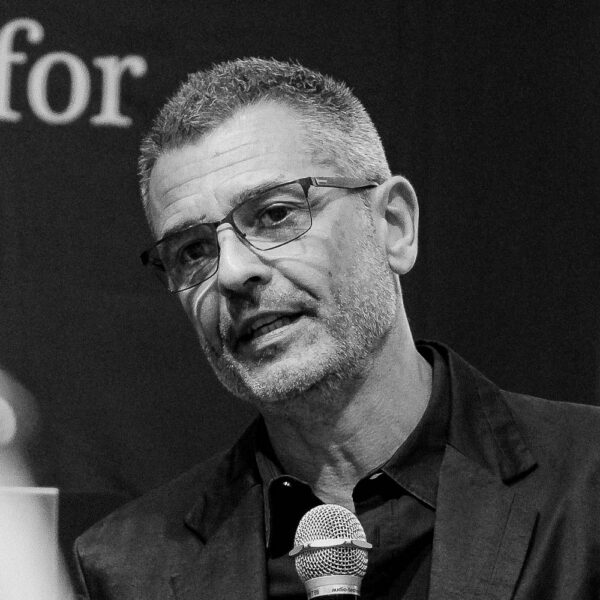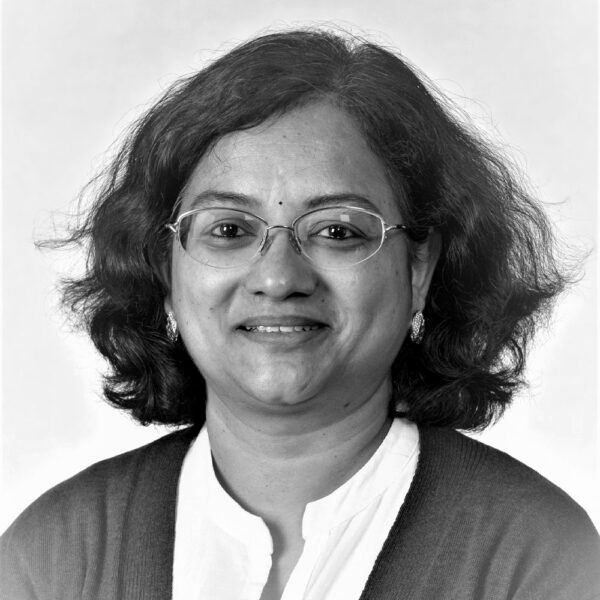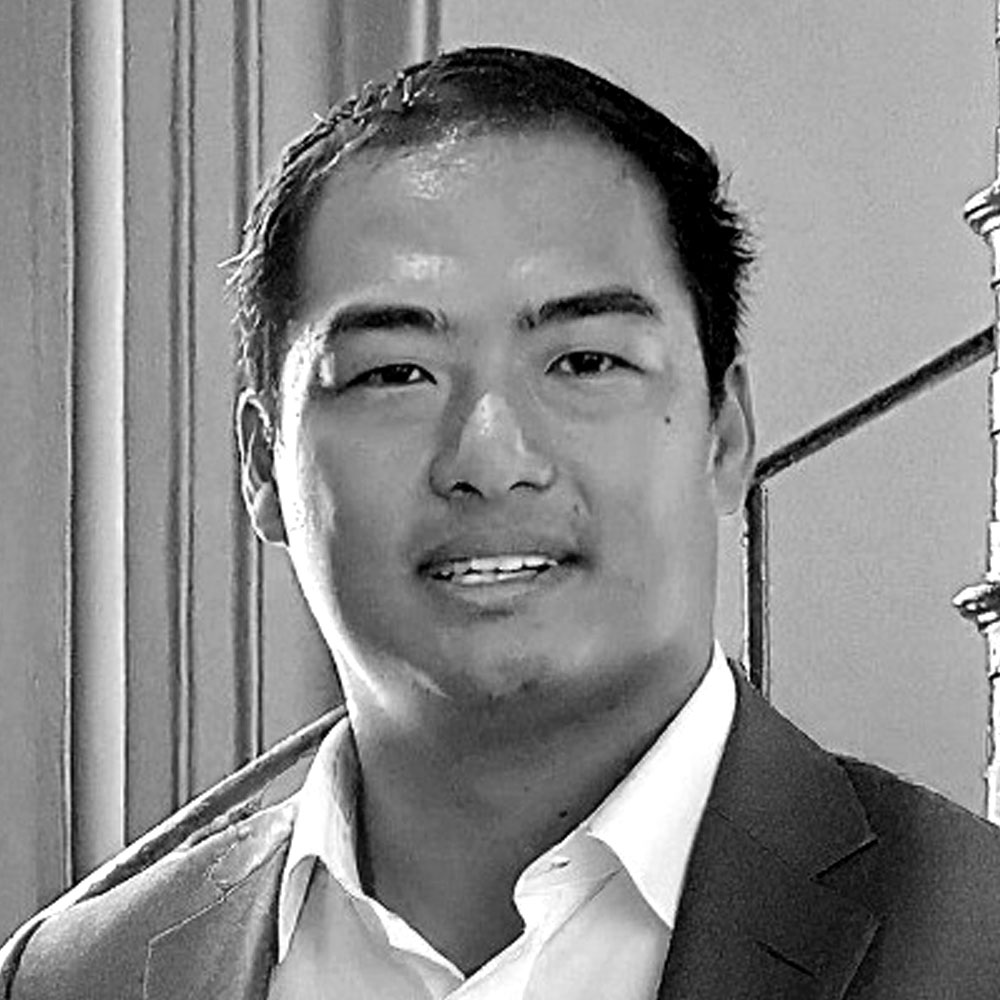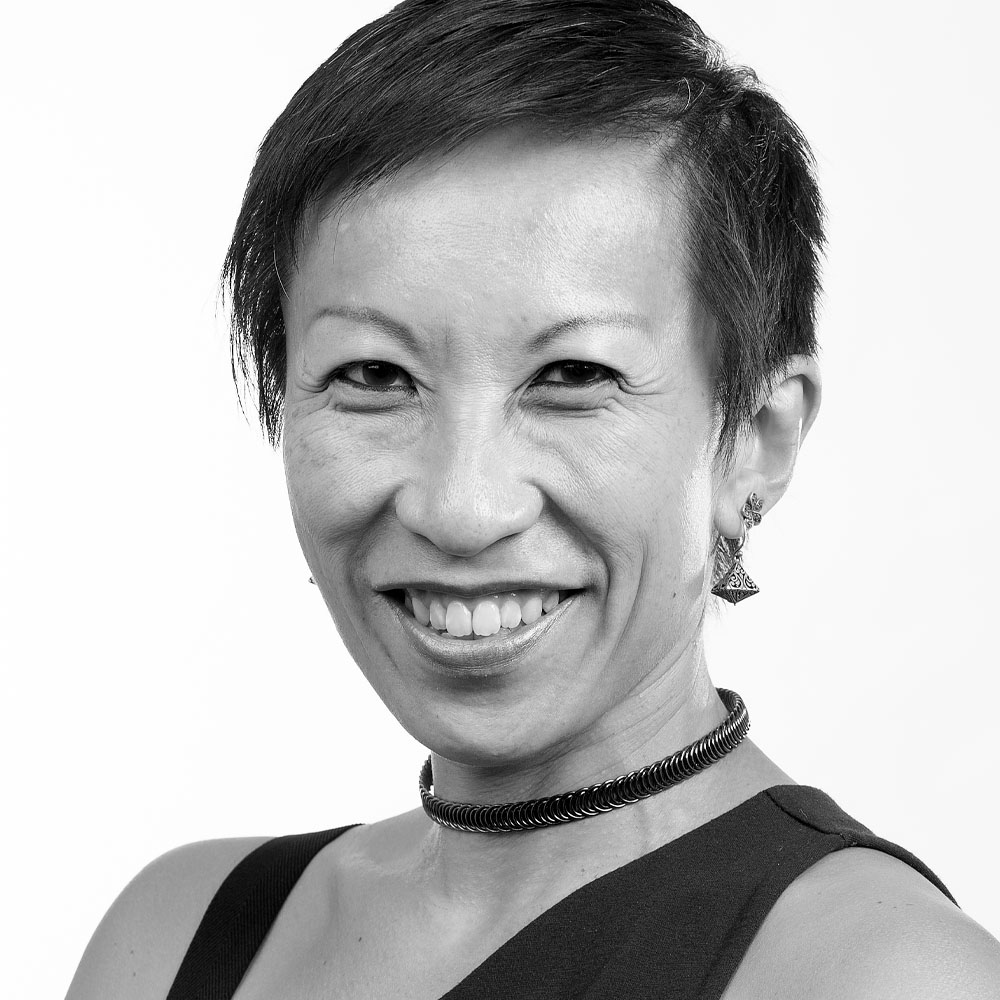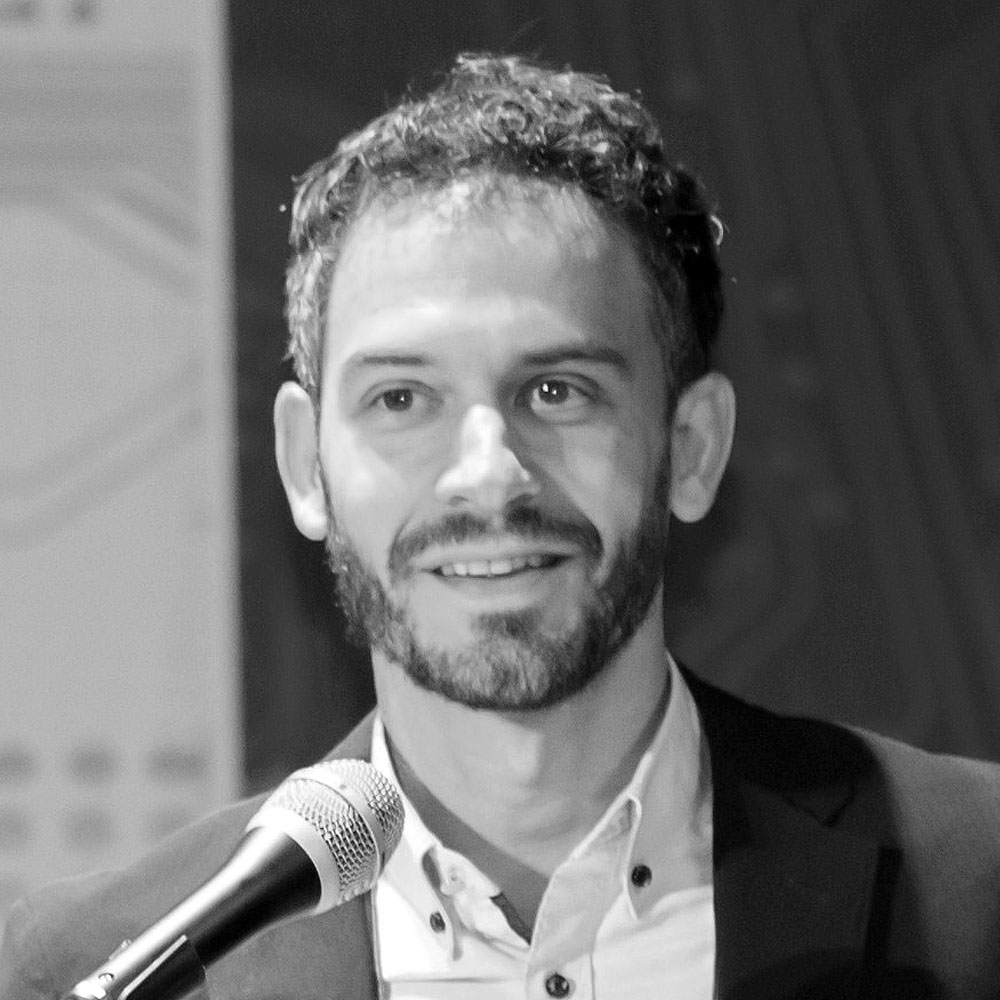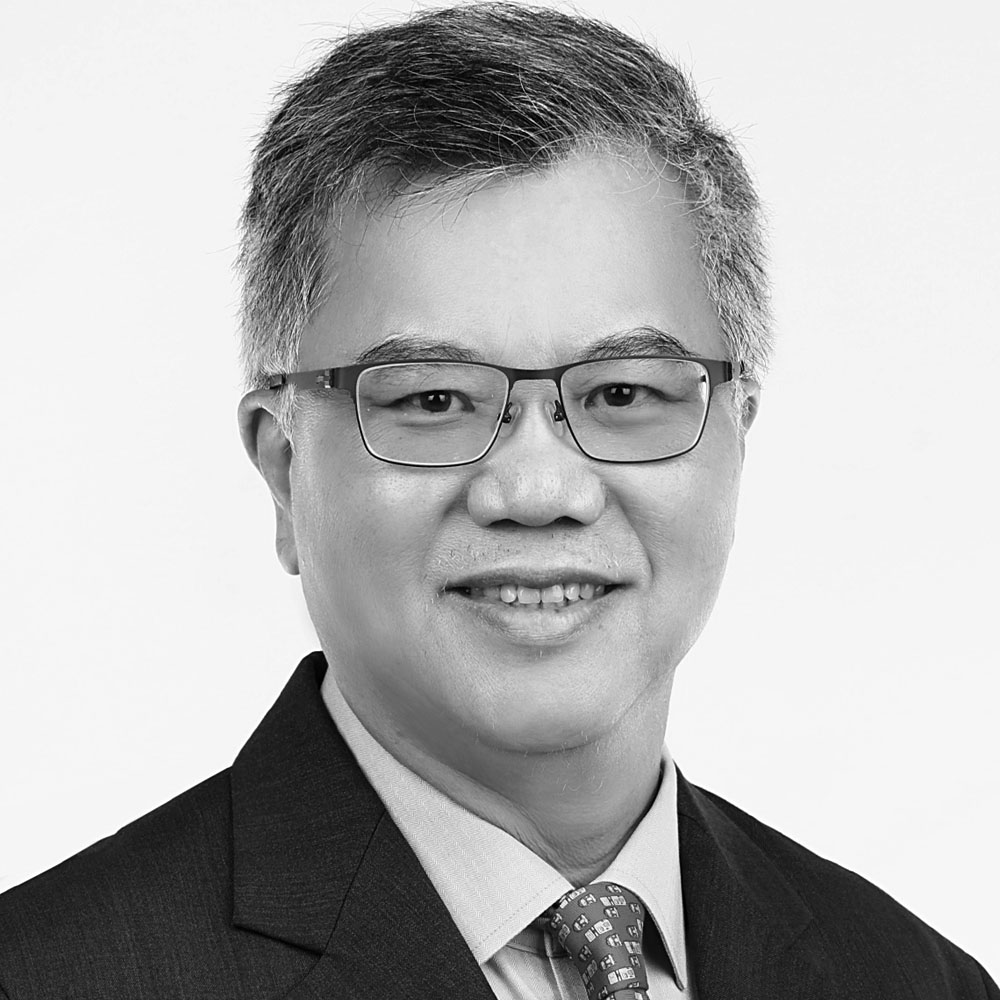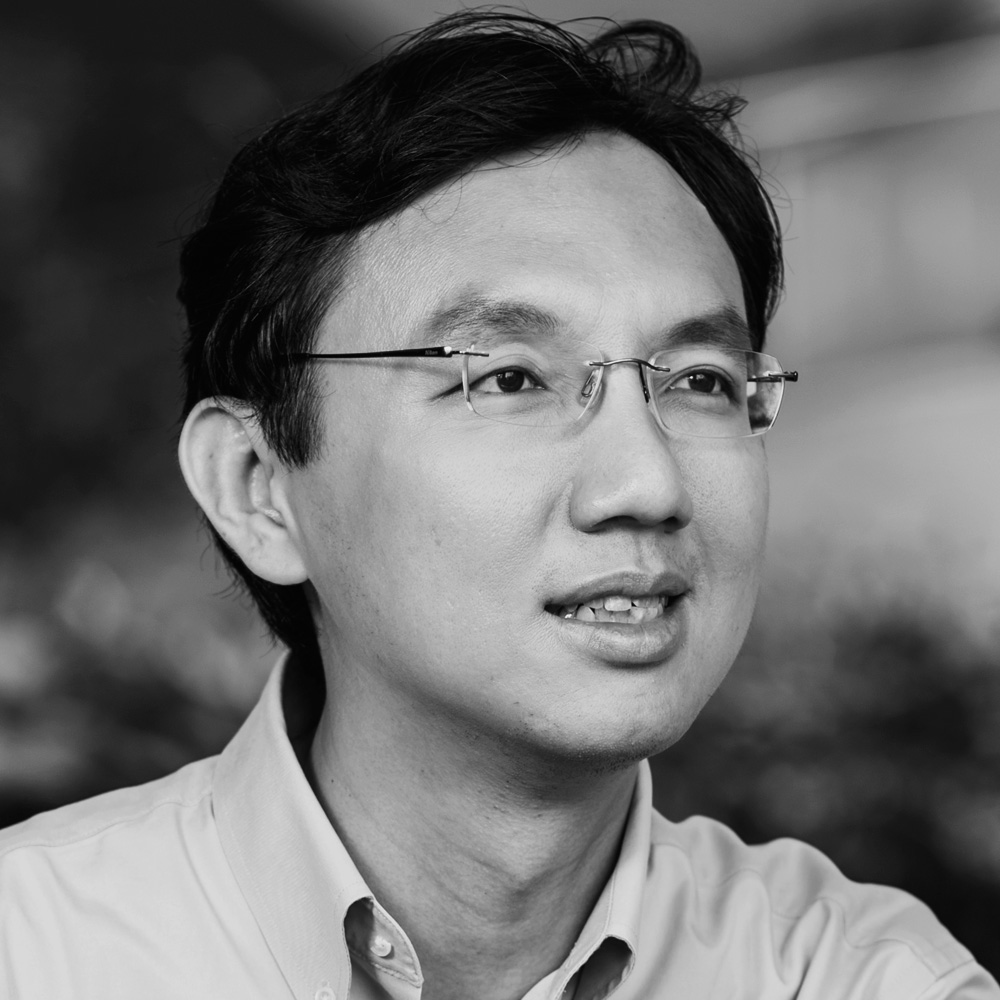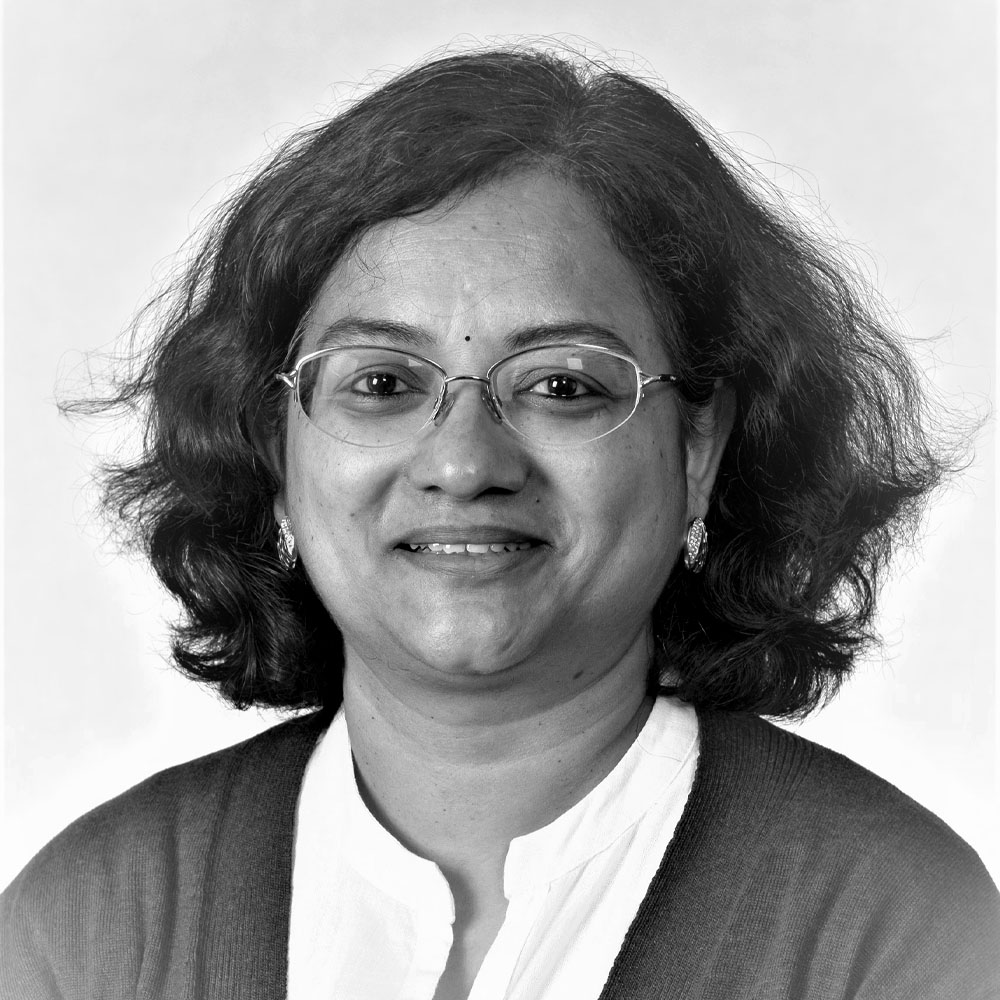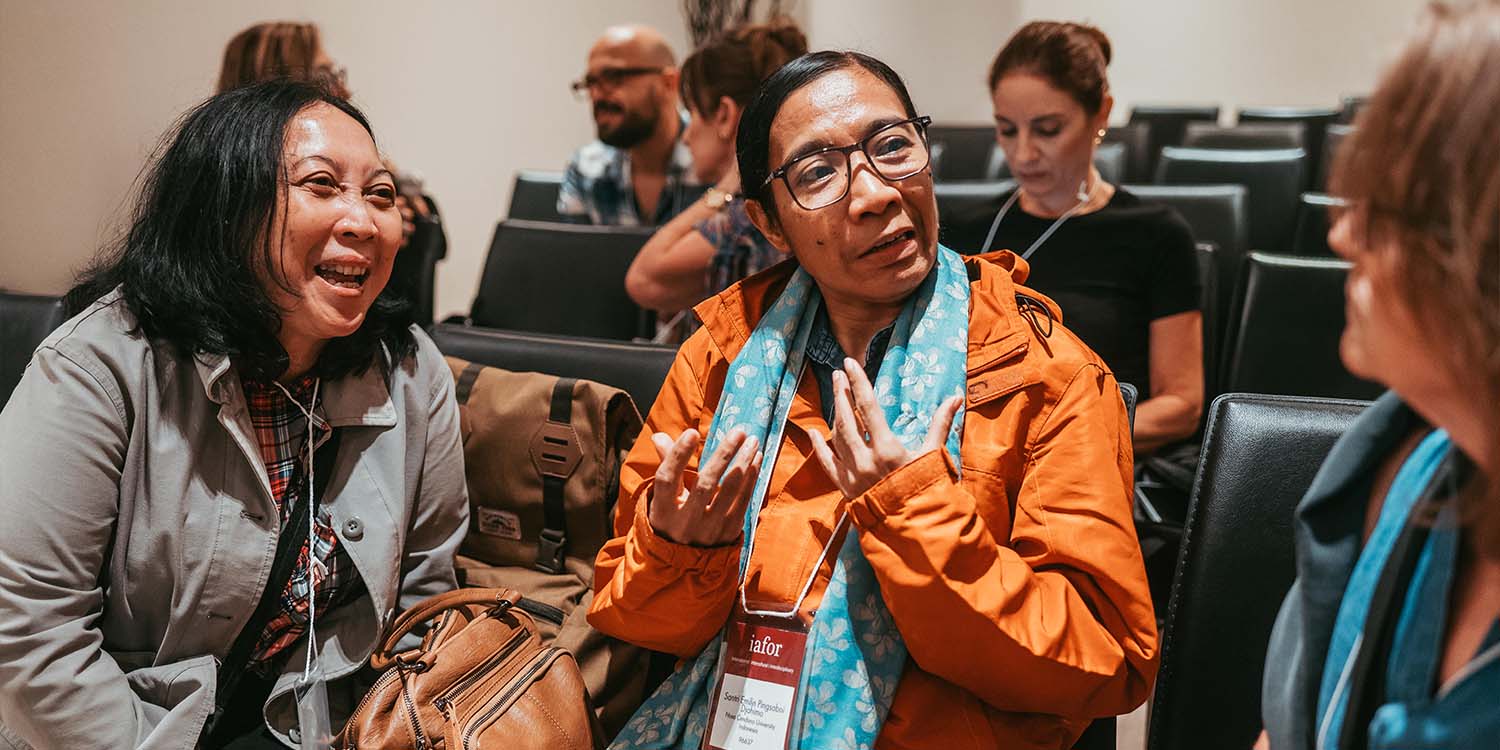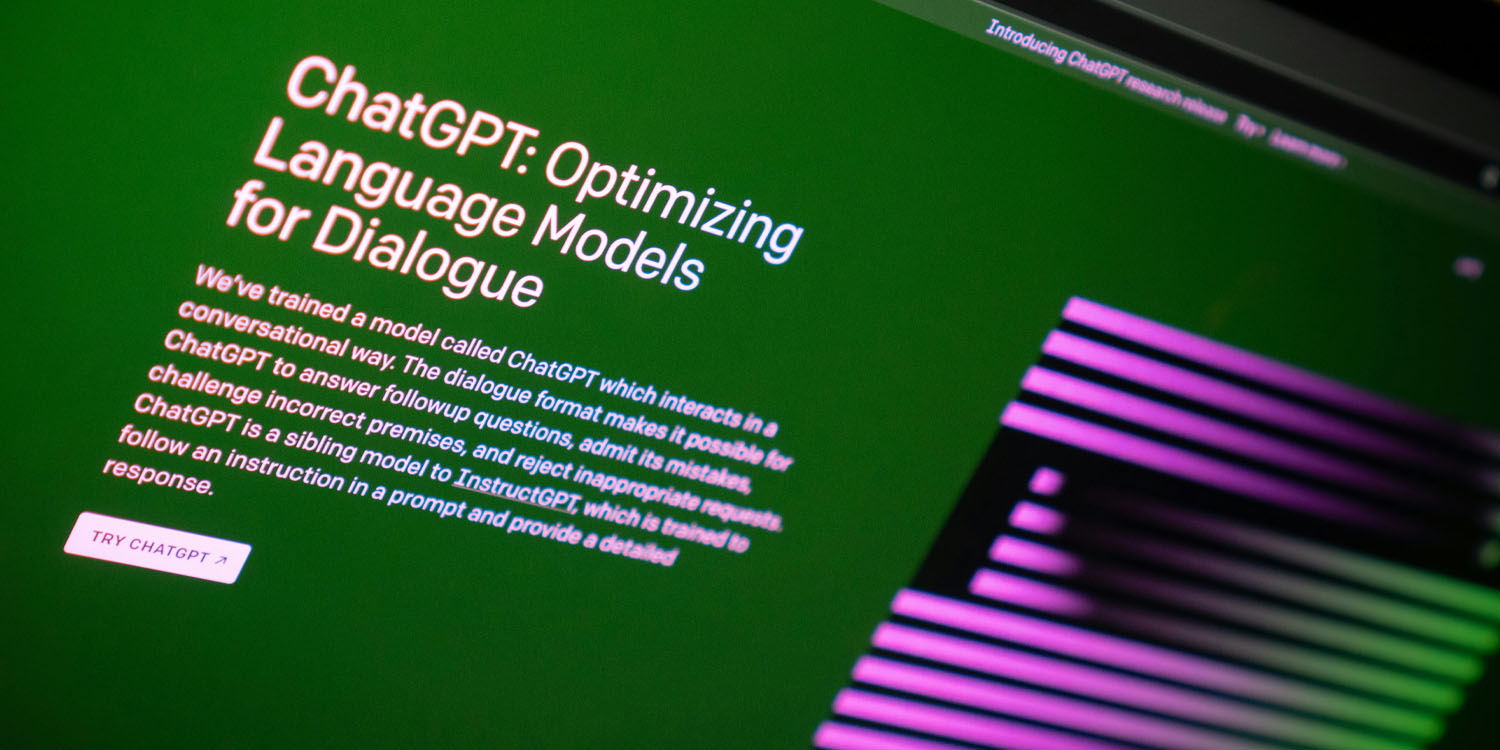Speakers at The Southeast Asian Conference on Education (SEACE) will provide a variety of perspectives from different academic and professional backgrounds. This page provides details of featured presentations, the conference schedule and other programming. For more information about presenters, please visit the Speakers page.
Conference Outline
All presentation times are UTC+ 8
17:30-21:00: Pre-Conference Networking Event | Aventis Graduate School
Singapore Education Lounge: February 2026
As part of the conference, IAFOR is pleased to co-host a special edition of the Singapore Education Lounge, Singapore Education Network (SEN)’s signature networking event for local education professionals. This exclusive gathering joins together IAFOR, Inspera, Aventis Graduate School, and SEN’s networks of educators, researchers, EdTech innovators, and policymakers for an evening of discussion and networking.
-
17.30-18.00: Registration & Networking
18.00-18.15: Welcome Address and Introductions
18.15-19.15: Panel Discussion
19.15-19.30: Q&A
19.30-21.00: Refreshments & Networking
Participation is free, but registration is required.
Further Details can be found here
Venue: Singapore Expo, Hall 1: Meeting Rooms
12:00-13:00: Conference Check-in | Peridot Pre Function Area (Level 2)
13:00-13:25: Cultural Presentation | Peridot 201 (Level 2)
Twin Lion Dance and the God of Fortune
Lion Dance Singapore
13:25-13:50: Welcome Address & Recognition of IAFOR Scholarship Winners | Peridot 201 (Level 2) & Online
Joseph Haldane, IAFOR, Japan
13:55-14:20: Keynote Presentation | Peridot 201 (Level 2) & Online
Achieving Competency-Based Learning with LLMs
Ben Leong, National University of Singapore, Singapore
14:20-14:35: Q&A
14:40-15:40: Featured Panel Presentation | Peridot 201 (Level 2) & Online
Heritage for Cultural Dialogue: Digital Futures and Shared Memory
Jervais Choo, National Heritage Board, Singapore
Lisa Lim, VinUniversity, Vietnam
David Ocón, Singapore Management University, Singapore
Tim Winter, National University of Singapore, Singapore
Umberto Ansaldo, VinUniversity, Vietnam (Moderator)
15:40-15:50: Conference Photograph
16:00-17:00: Afternoon Tea Welcome Reception | Peridot Pre Function Area (Level 2)
20:00: Conference Dinner | Singapore Cricket Club
This is an optional ticketed event
20:00: Conference Dinner | Singapore Cricket Club
Join us after the plenaries for the conference dinner at a local restaurant, where you reconvene with fellow delegates and our keynote presenters to continue conversations from the conference over a meal. This is a ticketed event.
This is a ticketed event
Venue: Singapore Expo, Hall 1: Meeting Rooms
12:00-13:00: Conference Check-in & Coffee | Peridot Foyer (Level 2)
12:10-12:50: Conference Information Session | Peridot 201 (Level 2)
Amina Batbold, IAFOR, Japan
Apipol Sae-tung, IAFOR, Japan
This session provides an overview of what to expect at the conference, including guidance on preparing your presentation, publishing opportunities, and ways to engage with IAFOR. You will receive practical tips on setting up your presentation, understanding your role at the conference, including how to attract a larger audience to your session. We will also outline the publishing opportunities available, including how to submit your work to be included in the Conference Proceedings or IAFOR Journals. This session also offers a chance to explore the opportunities for deeper engagement, whether through networking with fellow delegates or getting involved more with IAFOR. Join us, and get ready to present, publish, and participate.
13:00-14:00: The Forum | Peridot 201 (Level 2)
AI-Enabled Futures: Collaboration, Learning, and Strategic Decision-Making in Asian Higher Education
Philip Teow Huat Kwa, Asian Institute of Management, Philippines (Respondent)
Apipol Sae-tung, IAFOR, Japan (Moderator)
14:15-15:15: Featured Workshop | Peridot 201 (Level 2)
Building Networks, Building Careers
Joseph Haldane, IAFOR, Japan
Michael Klemm, Singapore Education Network, Singapore
15:30-16:30: Conference Poster Session & Networking Coffee Break | Peridot Foyer (Level 2)
16:30-17:30: Featured Workshop | Peridot 201 (Level 2)
Designing Virtual Learning Environments with Augmented Reality and Interactive H5P Activities: A Practical Workshop for Educators
Shamila Janakiraman, University of Hawai'i at Manoa, United States
Justin Quezon, University of Hawai'i at Mānoa, United States
Venue: Singapore Expo, Hall 1: Meeting Rooms
09:30-10:00: Conference Check-in & Coffee | Opal Foyer (Level 1)
09:15-09:45: Flash Presentations | Opal 101
Maximise your visibility with the opportunity to promote and showcase your research highlights. Simultaneously, you will gain a comprehensive overview of other presenters, helping you identify potential collaborators and must-see sessions.
10:00-11:40: Onsite Parallel Session 1
Opal 101 (Level 1): SEACE | Professional Training, Development and Concerns in Education
Opal 103 (Level 1): SEACE | Higher Education
Opal 104 (Level 1): SEACE | Education, Sustainability and Society
Opal 105 (Level 1): SEACE/SEACAH | Teaching and Learning Experiences
Tourmaline 207 (Level 2): SEACE | Innovation and Technology
Tourmaline 208 (Level 2): SEACE/SEACAH | Language/Linguistics
Tourmaline 209 (Level 2): SEACAH | Literature/Literary Studies
11:40-11:55: Break
11:55-12:45: Onsite Parallel Session 2 (Workshops)
Opal 103 (Level 1): SEACE | Curriculum Design and Development (Workshop)
Opal 104 (Level 1): SEACE | Teaching Experiences, Pedagogy, Practice and Praxis (Workshop)
Opal 105 (Level 1): SEACAH | Teaching and Learning (Workshop)
Opal 106 (Level 1): SEACE | Teaching Experiences, Pedagogy, Practice and Praxis (Workshop)
Opal 107 (Level 1): SEACAH | Globalisation (Workshop)
12:45-13:00: Break
13:00-14:40: Onsite Parallel Session 3
Opal 101 (Level 1): SEACE | Educational Policy, Leadership, Management and Administration
Opal 103 (Level 1): SEACE | Higher Education
Opal 104 (Level 1): SEACE/SEACAH | Education, Sustainability and Society
Opal 105 (Level 1): SEACAH | Teaching and Learning
Opal 106 (Level 1): SEACE | Foreign Languages Education and Applied Linguistics
Opal 107 (Level 1): SEACAH | History/Historiography
Tourmaline 207 (Level 2): SEACE/SEACAH | Information and Technology in Education
Tourmaline 208 (Level 2): SEACAH | Language/Linguistics
Tourmaline 209 (Level 2): SEACAH | Literature/Literary Studies
14:40-15:10: Coffee Break | Opal Foyer (Level 1)
15:10-16:50: Onsite Parallel Session 4
Opal 101 (Level 1): SEACE | Educational Policy, Leadership, Management and Administration
Opal 103 (Level 1): SEACE | Educational Research and Development
Opal 104 (Level 1): SEACE/SEACAH | Education, Sustainability and Society
Opal 105 (Level 1): SEACE | Teaching and Learning Experiences
Opal 106 (Level 1): SEACE | Foreign Languages Education and Applied Linguistics
Opal 107 (Level 1): SEACE | Teaching Experiences, Pedagogy, Practice and Praxis
Tourmaline 207 (Level 2): SEACE | Innovation and Technology
Tourmaline 208 (Level 2): SEACAH | Language/Linguistics
Tourmaline 209 (Level 2): SEACAH | Literature/Literary Studies
Venue: Singapore Expo, Hall 1: Meeting Rooms
09:30-10:00: Conference Check-in & Coffee | Opal Foyer (Level 1)
09:15-09:45: Flash Presentations | Opal 101
Maximise your visibility with the opportunity to promote and showcase your research highlights. Simultaneously, you will gain a comprehensive overview of other presenters, helping you identify potential collaborators and must-see sessions.
10:00-11:40: Onsite Parallel Session 1
Opal 101 (Level 1): SEACE | Assessment Theories and Methodologies
Opal 103 (Level 1): SEACE/SEACAH | Teaching and Learning
Opal 104 (Level 1): SEACE | Curriculum Design and Development
Opal 105 (Level 1): SEACE/SEACAH | Counselling, Guidance and Adjustment in Education
Opal 106 (Level 1): SEACE | Education, Sustainability and Society
Opal 107 (Level 1): SEACAH | Science, Environment and the Humanities
Tourmaline 207 (Level 2): SEACAH | Literature, Technology and Ethics
Tourmaline 208 (Level 2): SEACAH | Media Arts Practices
Tourmaline 209 (Level 2): SEACAH | Political Science/Politics
11:40-12:55: Extended Break
12:55-14:35: Onsite Parallel Session 2
Opal 101 (Level 1): SEACE/SEACAH | Innovative Technologies in Education
Opal 103 (Level 1): SEACE/SEACAH | Teaching Experiences, Pedagogy, Practice and Praxis
Opal 104 (Level 1): SEACE | Curriculum Design and Development
Opal 105 (Level 1): SEACE | Primary and Secondary Education
Opal 106 (Level 1): SEACE | Education, Sustainability and Society
Opal 107 (Level 1): SEACE/SEACAH | Development Issues and Concerns in Education
Tourmaline 207 (Level 2): SEACAH | Media and Communication
Tourmaline 208 (Level 2): SEACAH | Media and Literature Studies
Tourmaline 209 (Level 2): SEACAH | Science, Environment, Politics and the Humanities
14:35-15:05: Coffee Break | Opal Foyer (Level 1)
15:05-16:45: Onsite Parallel Session 3
Opal 101 (Level 1): SEACE | Innovative Technologies in Education
Opal 103 (Level 1): SEACE | Teaching Experiences, Pedagogy, Practice and Praxis
Opal 104 (Level 1): SEACE | Curriculum Design and Development
Opal 105 (Level 1): SEACE | Learning Experiences, Student Learning and Learner Diversity
Opal 106 (Level 1): SEACE | Education, Sustainability and Society
Opal 107 (Level 1): SEACE | Education and Difference
Tourmaline 207 (Level 2): SEACAH | Literature, Media and Communication
Tourmaline 208 (Level 2): SEACAH | Social, Political and Community Agendas in the Arts
Tourmaline 209 (Level 2): SEACAH | Ethnicity, Gender, Identity
16:45-17:00: Onsite Closing Session | Opal 101
Join us as we close the onsite conference to celebrate our achievements and look ahead to the future with insights from representatives of the Conference Programme Committee and IAFOR. To celebrate our journey, we will conclude with a slideshow of photos, capturing the connections, energy, and highlights of the conference.
Venue: Online via Zoom
All streamed presentation times are UTC+8.
Use the time converter tool to show times in your timezone.
09:55-10:00: Message from IAFOR
10:00-11:00: The Online Forum | Live-Stream Room 1
AI-Enabled Futures: Collaboration, Learning, and Strategic Decision-Making in Asian Higher Education
Melina Neophytou, IAFOR, Japan (Moderator)
11:05-12:45: Online Parallel Session 1
Live-Stream Room 1: SEACE | Higher Education
Live-Stream Room 2: SEACAH | Special Topics in Humanities
12:45-12:55: Break
12:55-14:35: Online Parallel Session 2
Live-Stream Room 1: SEACE | Educational Policy, Leadership, Management and Administration
Live-Stream Room 2: SEACAH | Media/Film Studies/Theatre/Communication
14:35-14:45: Break
14:45-16:00: Online Parallel Session 3
Live-Stream Room 1: SEACE | Studies on Primary and Secondary Education
Live-Stream Room 2: SEACAH | Special Topics in Arts
16:00-16:05: Closing Message from IAFOR
The above schedule may be subject to change.
Featured Speakers
-
Umberto AnsaldoVinUniversity, Vietnam
-
Jervais ChooNational Heritage Board, Singapore
-
Eric HawkinsonKyoto University of Foreign Studies, Japan
-
Michael KlemmSingapore Education Network, Singapore
-
Philip KwaAsian Institute of Management, Philippines
-
Ben LeongNational University of Singapore, Singapore
-
Shamila JanakiramanUniversity of Hawaiʻi at Mānoa, United States
-
Lisa LimVinUniversity, Vietnam
-
David OcónSingapore Management University, Singapore
-
Tim WinterNational University of Singapore, Singapore
Featured Presentations
-
Achieving Competency-Based Learning with LLMsKeynote Presentation: Ben Leong
-
Heritage for Cultural Dialogue: Digital Futures and Shared MemoryPanel Presentation: Lisa Lim, David Ocón, Tim Winter, Umberto Ansaldo
-
AI-Enabled Futures: Collaboration, Learning, and Strategic Decision-Making in Higher EducationThe Forum: Philip Teow Huat Kwa, Apipol Sae-Tung, Melina Neophytou
-
Building Networks, Building CareersFeatured Roundtable: Joseph Haldane, Michael Klemm
-
Designing Virtual Learning Environments with Augmented Reality and Interactive H5P Activities: A Practical Workshop for EducatorsFeatured Workshop: Shamila Janakiraman, Justin Quezon
Networking Events

Networking Event: Singapore Education Lounge

Conference Dinner
Accepted Presentations
One of the greatest strengths of IAFOR’s international conferences is their international and intercultural diversity. As of December 3, 2025, the conference has received over 520 submissions from 54 countries and territories - including: the United States, Canada, Japan, Indonesia, South Korea, Australia, Thailand, Philippines, and Taiwan.
Conference Programme & Abstract Book
The online version of the Conference Programme is now available to view below via the Issuu viewing platform. Alternatively, download a PDF version. The Conference Programme can also be viewed on the Issuu website (requires a web browser). An Issuu app is available for Android users.
.The Conference Programme contains access information, session information and a detailed day-to-day presentation schedule.
Pre-Recorded Virtual Presentations
A number of presenters have submitted pre-recorded virtual video presentations. We encourage you to watch these presentations and provide feedback through the video comments.
.Important Information Emails
All registered attendees will receive an Important Information email and updates in the run-up to the conference. Please check your email inbox for something from "iafor.org". If you can not find these emails in your normal inbox, it is worth checking in your spam or junk mail folders as many programs filter out emails this way. If these did end up in one of these folders, please add the address to your acceptable senders' folder by whatever method your email program can do this.
Previous Programming
View details of programming for past SEACE conferences via the links below.

